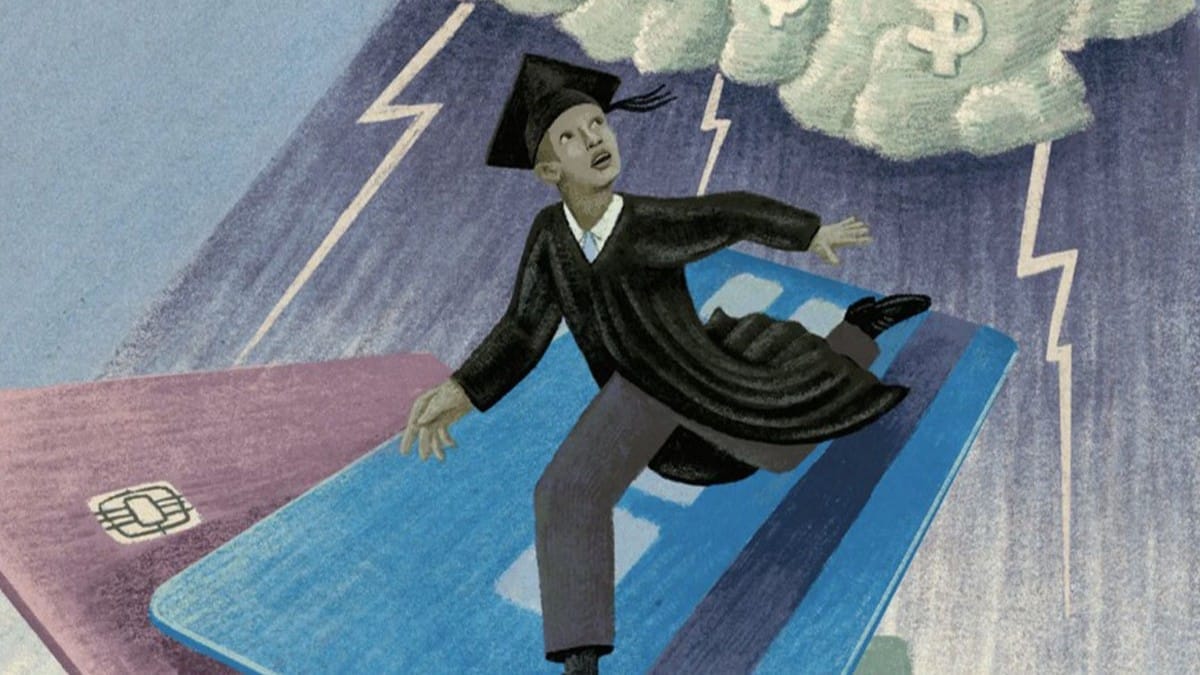If you’ve ever had collection agencies hounding you over a debt, then you know how bad and shady these thugs they can be, so it is important that you know the laws the pertain to consumer collections. In 1978, to protect consumers and regulate the techniques that can be used by debt collectors, the Fair Debt Collection Practices Act was born.
Understanding of The Fair Debt Collection Practices Act will protect you against collection agencies and their shady, illegal, and sometimes menacing debt collection schemes, and even allow you to fight them back and win. This Act is your best weapon to deal with collection agencies and get them out of your life and collection accounts off of your credit report. It also allows you to sue them in small claims court for violating your consumer rights.
So what rights are guaranteed under The Fair Debt Collection Practices Act?
One of the most awesome things about The Fair Debt Collection Practices Act is the consumers right to debt validation. Any time you are contacted about a debt you aren’t certain you owe, you may send a debt validation letter to the collection agency. This letter puts the burden of proof on the creditors in order for them to show you the details about any debt you may owe.
The Fair Debt Collection Practices Act also gives you rights concerning when and how frequently a debt collection agency may contact you and what they are permitted to say when they’re talking to you.
What is prohibited by The Fair Debt Collection Practices Act? The Fair Debt Collection Practices Act outlines what debt collection agencies can and cannot do. A collection agency cannot do any of the following while trying to collect a debt:
- Attempt to collect more than the debt you owe. Some collection agencies try to tack on additional fees that are not detailed in your original lending agreement, which is illegal.
- Repeated calls at all times of the day. According to the law, creditors can not call you before 8 a.m. and after 9 p.m., or at other times when they know, it to be inconvenient for you.
- Use abusive or intimidating language. Making insults, or threats of physical violence over the phone are in violation of The Fair Debt Collection Practices Act.
- Inform other individuals of the debt you owe. Collection agencies can only share details of your debts with legal advisors, and close family members such as a spouse or parent only if you are under 18. In addition, they may only contact outside sources to try and locate you, but they may only contact the outside source one time.
- Ignore your debt validation request. Creditors may not continue to try and collect on a debt after a debt validation letter is received by them. They must respond to the letter before continuing collection attempts.
In spite of the protections guaranteed by The Fair Debt Collection Practices Act, collection agencies violate the law every day, 365 days a year. According to the Federal Trade Commission’s annual report on the Fair Debt Collection Practices Act, there were more than 100,000 complaints filed against debt collection agencies. The following were the primary complaints against debt collection agencies:
Below are the majority of complaints against collection agencies:
- Harassing the alleged debtor or others.
- Demanding a larger payment than is permitted by law.
- Threatening dire consequences if the consumer fails to pay.
- Impermissible calls to consumer’s place of employment.
- Revealing alleged debt to third parties.
- Failing to send required consumer notice.
- Failing to verify disputed debts.
- Continuing to contact consumer after receiving “cease communication” notice.
If a collection agency has attempted any of the behaviors listed above, they have broken the law and should pay the price. You can inform the Federal Trade Commission of violations by submitting a complaint to them. You may also consider contacting your state attorney general’s office.
Taking legal action against a Collection Agency, Creditor or Credit Bureau in Small Claims Court
As previously mentioned, The Fair Debt Collection Practices Act allows you to take these thug creditors to court and win money. As a consumer who understands your rights, you can keep creditors and others honest by taking legal action against them when your rights have been violated. Each violation is a $1,000 fine that is awarded directly to you.
Taking legal action against them can also help bring about the change that will make other people’s lives easier. The more people that take them to the task, the more likely they are to stop breaking laws. If everyone took action when their rights were violated, these companies would lose huge sums of money in legal disputes, and some would either clean up their acts or go out of business.
Solid reasons to take legal action against a creditor:
- A creditor reports inaccurate information on your credit report.
- A creditor fails to report a debt as disputed after you have disputed it.
- A creditor pulls your credit report without a permissible purpose.
Solid reasons to take legal action against a credit bureau:
- A credit bureau refuses to correct information after being provided proof.
- A credit bureau re-reports an item that’s been removed from your credit report without notifying you in writing within 5 business days.
- A credit bureau fails to respond to your written dispute within *30 days.
- *One 15-day extension may be granted if they receive information from the creditor within the first 30 days.
Solid reasons to take legal action against a collection agency:
- A collection agency tries to be both the purchaser of an account or the assignee. It’s one or the other, but not both.
- A collection agency misrepresents themselves or the debt they are trying to collect on.
- A collection agency attempts to re-age your account by updating the date of last activity on your credit report in order to keep negative information on your account longer.
- A collection agency fails to report a disputed debt to the credit bureaus.
- A collection agency does not validate a debt but continues collection activity by filing for a judgment. A collection agency is also not allowed to contact you in any way while the debt is in the validation process.
- A collection agency still calls you even after you’ve sent them a cease and desist letter.
- A collection agency continues to report a debt to the credit bureaus that they have not validated.
- A collection agency calls you before 8 am or after 9 pm or they call you at work.
- A collection agency calls your friends, neighbors, relatives of any third party about your debt besides an attorney, credit reporting agency, the creditor, the attorney of the creditor, or the attorney of the debt collector.
- A collection agency harasses you or uses abusive language.
- A collection agency threatens to garnish your wages.
If you are unsure about what to do and how to do it then either seek legal advice or Visit: EditMyCredit.Net



